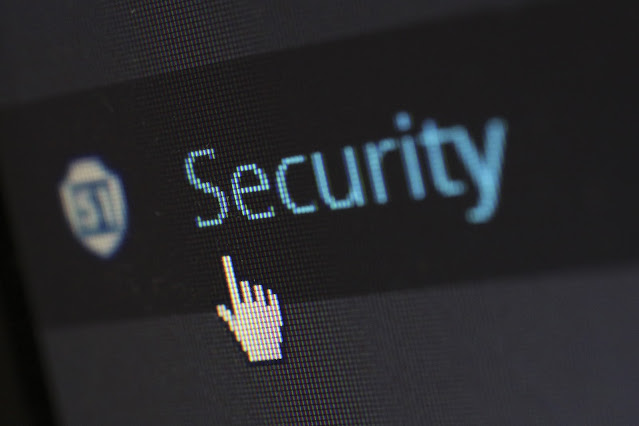This guide will help you do just that by teaching you about encryption, password management, two-factor authentication, and other critical factors that affect your personal cybersecurity.
1) Keep Your Software Updated
It's essential to keep your software updated on your computer and devices. Updates will often contain security patches, so you must stay up-to-date.
If you need help with how just open the settings for the device or program in question and check for updates. If there are any available, update them right away!
2) Use Strong Passwords
One of the most common ways people get hacked is because they use a password that is easy for others to guess. To create a strong password, use a random string of letters, numbers, and symbols. This will make it difficult for hackers to think of your password.
Also, make sure you change your passwords often so that someone with one of your old passwords can't hack into any accounts you have now. Remember that sometimes hackers can guess your new password even if it's not easy for them because they know what kinds of things you like or what sorts of words you might think up yourself.
3) Don't Reuse Passwords
Passwords are the bane of our digital existence. They're a necessary evil but the easiest way for hackers and cybercriminals to access our accounts. Once a hacker gets your password, they can take over your account and use it to their heart's content.
Fortunately, you can do some simple things to prevent this from happening. First, don't reuse passwords! If multiple accounts require a password, create different passwords for each. Use strong and complex passwords that combine letters (uppercase and lowercase), numbers, symbols, and everything in between.
4) Use a Password Manager
Since many of us use the same password for all our accounts, it only takes one hacked account to put your entire digital life at risk. To avoid this, use a password manager.
A password manager generates solid passwords and logs you into your accounts without access to your primary login information. They also help you create unique passwords for each account that are difficult to remember so that the rest will remain safe if one account is compromised.
5) Enable Two-Factor Authentication
One of the simplest ways to improve your security is by enabling two-factor authentication on all your important accounts. This way, if someone gets ahold of your password, they won't be able to log in without having access to a device with the second form of authentication. Some popular services that offer this feature are Google, Facebook, Twitter, and Dropbox.
You can change your passwords every six months or so. If you use the same password for multiple sites, it's best if each area has its own unique password. The more complicated and difficult to guess your passwords are, the better off you'll be.
6) Be Careful What You Click
Opening an email attachment is one of the most common malware infection methods, so be careful what you click. Even if the email appears to come from someone you know, it could still be a phishing scam.
Emails can also include malware attachments, like .exe files or .js files. You should only open attachments that have been scanned for viruses by your antivirus software. And don't open any emails or links from unknown senders!
7) Use a VPN
A VPN (Virtual Private Network) is a great way to improve cybersecurity. A VPN encrypts your internet connection so you can be confident that no one sees what you're doing on the internet.
Free and paid VPN services are available; the vast majority are straightforward to set up and use. If you have concerns about using a VPN, look for a service with an excellent privacy policy.
8) Don't Fall Into Romance Scams
Don't trust people you meet online. A scammer will often invent a reason for you to send money, like a fake emergency or taxes owed. Don't click on links in unsolicited emails. Be careful about what information you share on social media and apps.
Hackers can access and use your account for identity theft or other crimes if they have your name, birthdate, and password. And remember the old adage: If it sounds too good to be true, it probably is!
